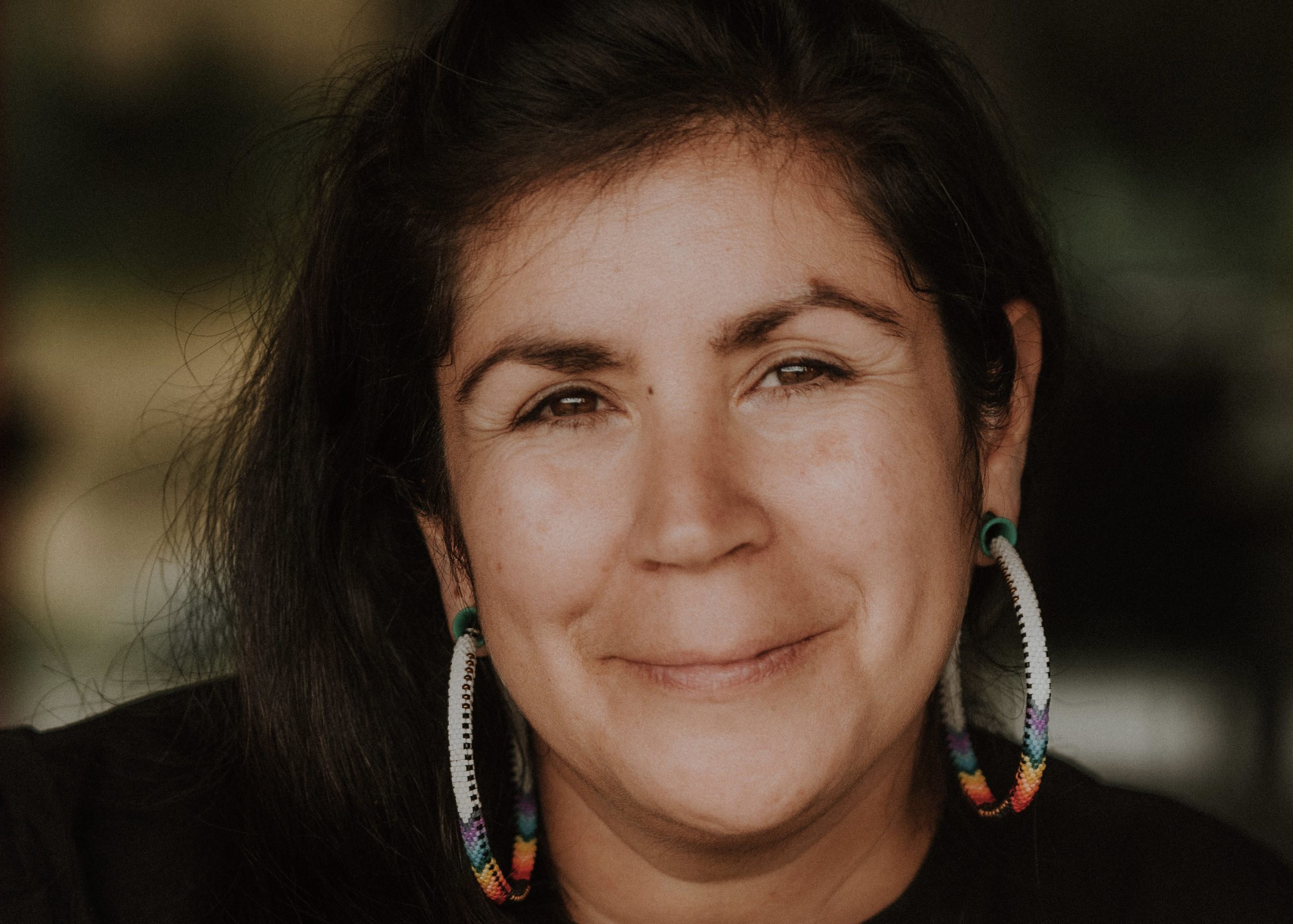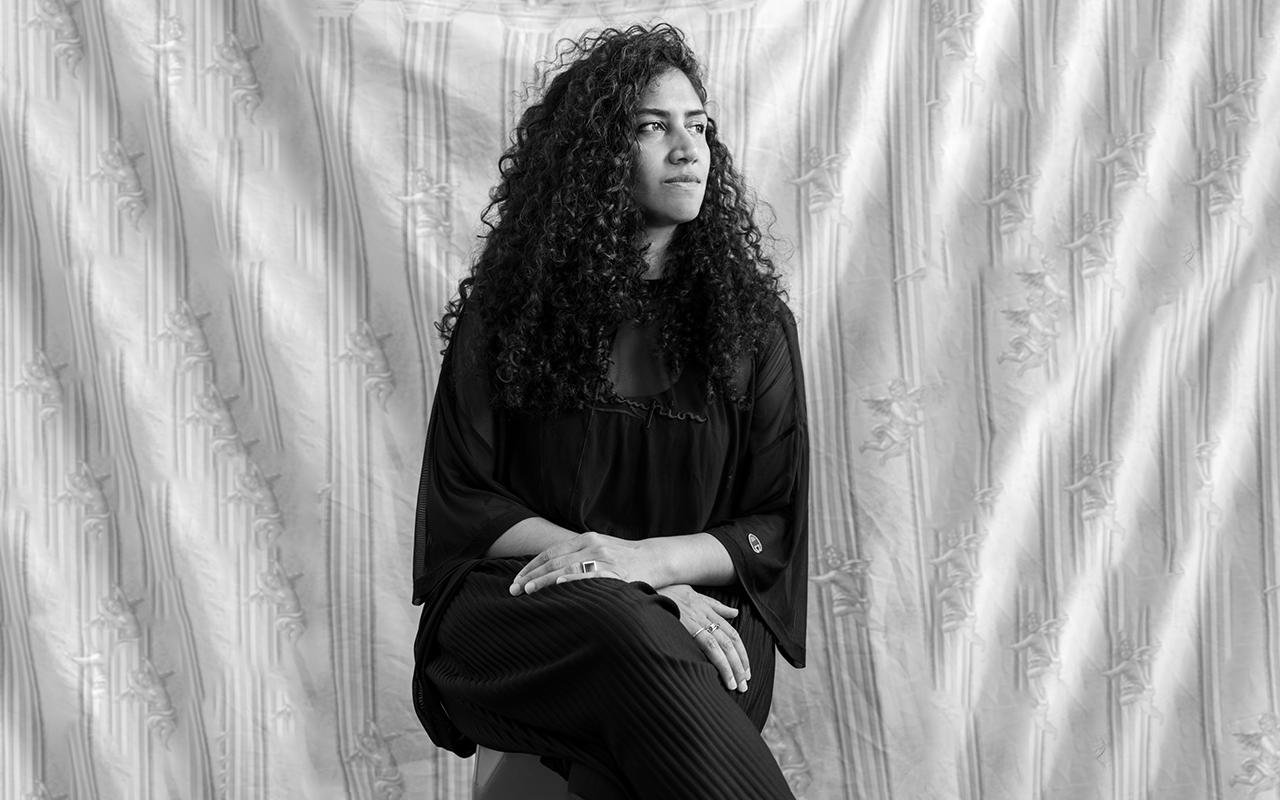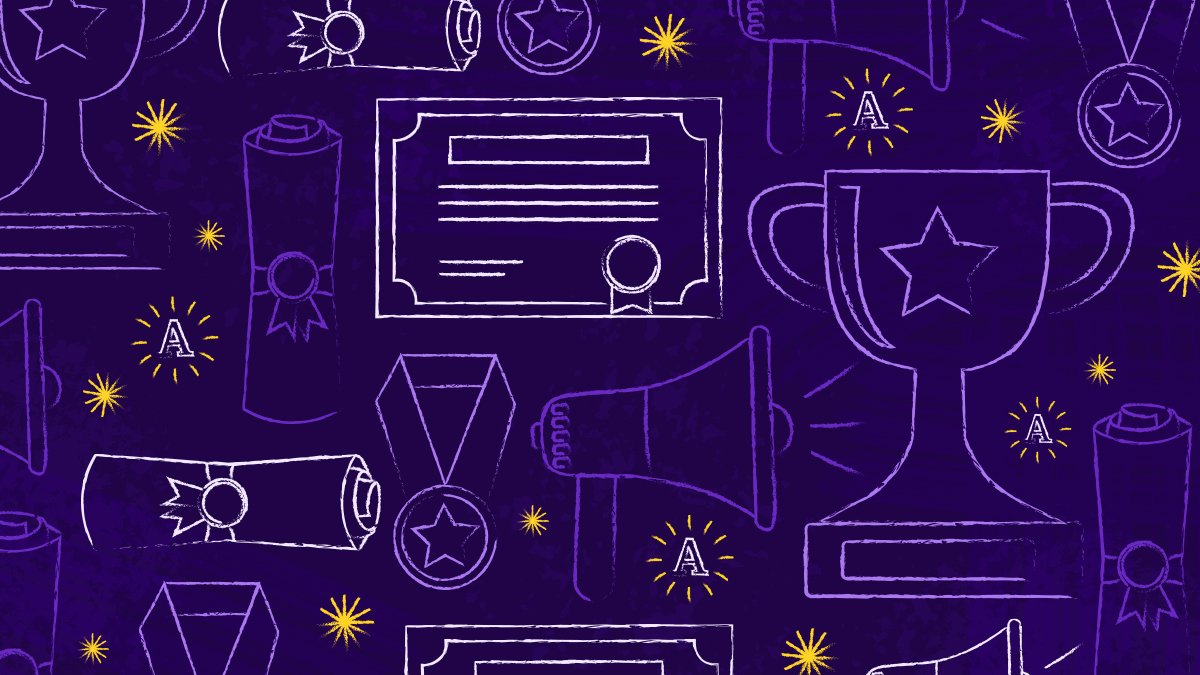

The Faculty of Arts is thrilled to announce that nine of its members have been awarded the prestigious UBC Killam Research Fellowship and Prizes for the academic year 2023/2024. The Office of Research Prizes and Awards provides guidance and support for external awards and oversees the university’s internal faculty research awards program.
UBC Killam Accelerator Research Fellowships
The UBC Killam Accelerator Research Fellowship awards up to six early career researchers (within 15 years of PhD) with a $50,000 research allowance for a two-year term. The awards support the scholars during the crucial time when tenure is attained, allowing them to achieve their full potential and have a significant impact in their field of study.


Dr. Kyle Frackman (he/him)
Associate Professor, Department of Central, Eastern, and Northern European Studies
Dr. Frackman has a background in German studies with a focus on queer and media studies, German-language and Nordic literature, East German culture and history, and German and Nordic film. He has received research and travel support from various institutions and is involved in multiple research projects, including “Coming Out of the Iron Closet: Queer Lives in East Germany.”
“I feel deeply grateful and privileged to be selected for the UBC Killam Accelerator Research Fellowship. The fellowship’s support provides an energizing boost as I move forward with my next research projects.”
UBC Killam Faculty Research Fellowships
The UBC Killam Faculty Research Fellowships aim to support significant research projects in any field of study, except the ‘Arts’. They’re not restricted to the ‘Humanities and Social Sciences’. The goal is to help faculty members who want to concentrate on their research and study during a recognized study leave. Applicants must have a well-defined research plan and demonstrate a growing record of significant scholarly contribution. The basis of the award is a special distinction of intellect, considering personal qualities.
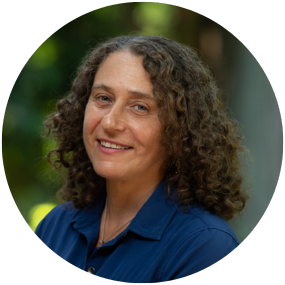

Dr. Sara Shneiderman (she/her)
Associate Professor, Department of Anthropology
Dr. Shneiderman is a socio-cultural anthropologist with long-term ethnographic commitments in the Himalayas and South Asia. She is an Associate Professor in the Department of Anthropology as well as in the School of Public Policy and Global Affairs/Institute of Asian Research, and her research explores social transformation shaped by dynamics of citizenship and belonging, cross-border mobility, conflict and political mobilization, territory and land use, development discourses and practices, and disaster aftermath and preparedness.
“I am delighted to have the support of the UBC Killam Faculty Research Fellowship to continue my exploration of disaster resilience and social transformation from community-based perspectives in both Nepal and BC, and to expand frameworks for knowledge exchange around these themes between the Global South and Global North through my ethnographic writing and policy-engaged work.”
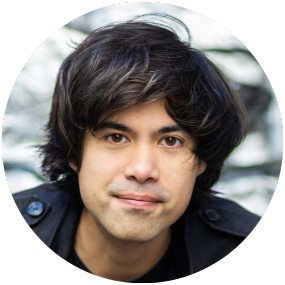

Dr. Christopher B. Patterson (he/him)
Associate Professor, Institute for Gender, Race, Sexuality and Social Justice
Dr. Patterson focuses on transpacific discourses of literature, games, and films. He has authored several books, including Transitive Cultures and Open World Empire, and has received multiple awards for his work. He has been working on an academic Project called “Domesticating Brown” which focuses on the narratives of Southeast Asian domestic workers and other migrants.
“I’m energized by this important recognition of my research on histories of colonial violence, and how they transform in ways that de-mobilize solidarity movements today. I accept this funding as a boost to my own praxis of critical race research and creative writing practices wherever they lead.”


Dr. Ervin Malakaj (he/him)
Associate Professor, Department of Central, Eastern, and Northern European Studies
Dr. Malakaj’s expertise is in German media and cultural history from the late eighteen to twenty-first century. His research is focused on 19th-century literary cultures, film studies, queer studies, and humanities. He also mentors a number of undergraduate students interested in German studies or related community projects. The extensive commitment to mentoring has been recognized by the UBC Central, Eastern, and Northern European Studies Outstanding Mentorship Award.
“UBC has slowly grown to be an international centre for queer and trans German studies. One of the reasons for that is UBC’s ongoing support for the scholarship and teaching in this arena. I am grateful for the recognition and the material resources to continue this work. The Killam Faculty Research Fellowship does not only support my work but also that of a cohort of emerging scholars leading German studies into new futures.”
UBC Killam Faculty Research Prizes
The UBC Killam Faculty Research Prizes acknowledge exceptional research and scholarly contributions, evaluated based on demonstrated impact and leadership in the field. The evaluation criteria include outstanding research relative to peers, research impact, and evidence of national and/or international research leadership.


Dr. Yue Qian (she/her)
Associate Professor, Department of Sociology
Dr. Qian’s research concerns inequality at the intersection of gender, family, and work. Currently, this work examines two lines of inquiries in North American and East Asian contexts. Firstly, how couple dynamics in intimate relationships reflect and shape gender inequality in broader society; and secondly, how social and mental health inequalities manifest and evolve in the height and aftermath of the COVID-19 pandemic. Dr. Qian’s public engagement activities encompass a TED-style talk that attracted over 3 million views, multi-language op-eds that accumulated well over 1 million views, and numerous media interviews across the globe.
“I am thrilled and honoured to have received the UBC Killam Faculty Research Prize. I am grateful for all the support that I have received over the years from the Faculty of Arts, my department, and various support teams on campus (e.g., SPARC, the Media Relations, Arts IT). I am lucky to work in such an intellectually stimulating and supportive research environment!”


Dr. Heather O’ Brien (she/her)
Professor, School of Information
Dr. O’Brien is a researcher specializing in information seeking and retrieval, user engagement with technology, and information access. She has developed the User Engagement Scale, a questionnaire to understand user perceptions of engagement, which has been translated into several languages and used to measure engagement in various digital systems. She is currently working on the STOREE project, which aims to support access to research for non-academic community members and organizations.
“I am thrilled to receive the UBC Killam Faculty Research Prize. Thank you to the colleagues who supported my nomination. I am grateful for the opportunity to pursue research as a career and am constantly inspired by the amazing collaborators with whom I have had the pleasure to work with and learn from over the years.”


Dr. Joelle LeMoult (she/her)
Associate Professor, Department of Psychology
Dr. LeMoult is the Director of the Depression, Anxiety, and Stress Laboratory, a Michael Smith Foundation for Health Research Scholar, and a registered clinical psychologist. Through her research she works to further our understanding of the etiology, maintenance, and treatment of depression. Using an integrated approach, she examines the cognitive, emotional, and biological responses to stress that contribute to depressive symptoms.
“I am incredibly honored to have received the UBC Killam Faculty Research Prize, and I would like to thank the Izaak Walton Killam Memorial Fund for Advanced Studies, my department nominees, and the collaborators and students with whom I get to work.”


Dr. Stefan Dollinger (he/him)
Professor, Department of English Language and Literature
Dr. Dollinger probes the interactions between language and society in sociohistorical ways. He combines quantitative linguistic approaches with archival research, resulting in publications on the “creation” of Canadian English, the discipline-driven “unmaking” of Austrian German, or the subjugation of Chinook Jargon. Analyzing languages as discursively constructed entities, he insists on assigning the language scientists themselves a stake in these negotiations. In recent years he has engaged in highly sensitive conversations on lingering disciplinary presuppositions that are rooted in nationalism and colonialism, while flagging the hegemonic forces of big data methods in sociolinguistics and dialectology.
“The UBC Killam Faculty Research Prize is particularly sweet at this point in time, as it was awarded for work that quite a few colleagues from Germany have called “unscientific” and “not worthy” of publication. The work is anchored in my critique of how standard varieties are philologically constructed and maintained; of how the linguistic cannot be separated from the social and political. My work documents in a sociohistorical and sociolinguistic frame the widening gap between decolonization efforts in English – however suboptimal these may currently be – and the categorical rejection of ideological bias in the construction of “standard German” in German dialectology. This view is to the detriment and “unmaking” of Standard Austrian German in what I call the “One Standard German Axiom”. It’s been an inevitable conclusion: I can’t view Canadian English one way and then do something incompatible when working on German. It seems to be a debate that we ought to have and this prize may persuade some of the inherent merit to my argument.”


Dr. Jeremy C. Biesanz (he/him)
Professor, Department of Psychology
Dr. Biesanz mainly investigates social psychology, social perception, developmental psychology, personality and Welfare. He has researched Social perception in several fields, including Stereotype, Interpersonal relationship and Social cognition. His biological study spans a wide range of topics, including Social relation, Interpersonal communication, Perception, Interpersonal perception and Normative. Much of his study explores developmental psychology relationship to social influence.
“I am deeply honoured and wish to thank UBC and the undergraduate research assistants and graduate students who have made innumerable contributions over the years to my research lab and program.”

